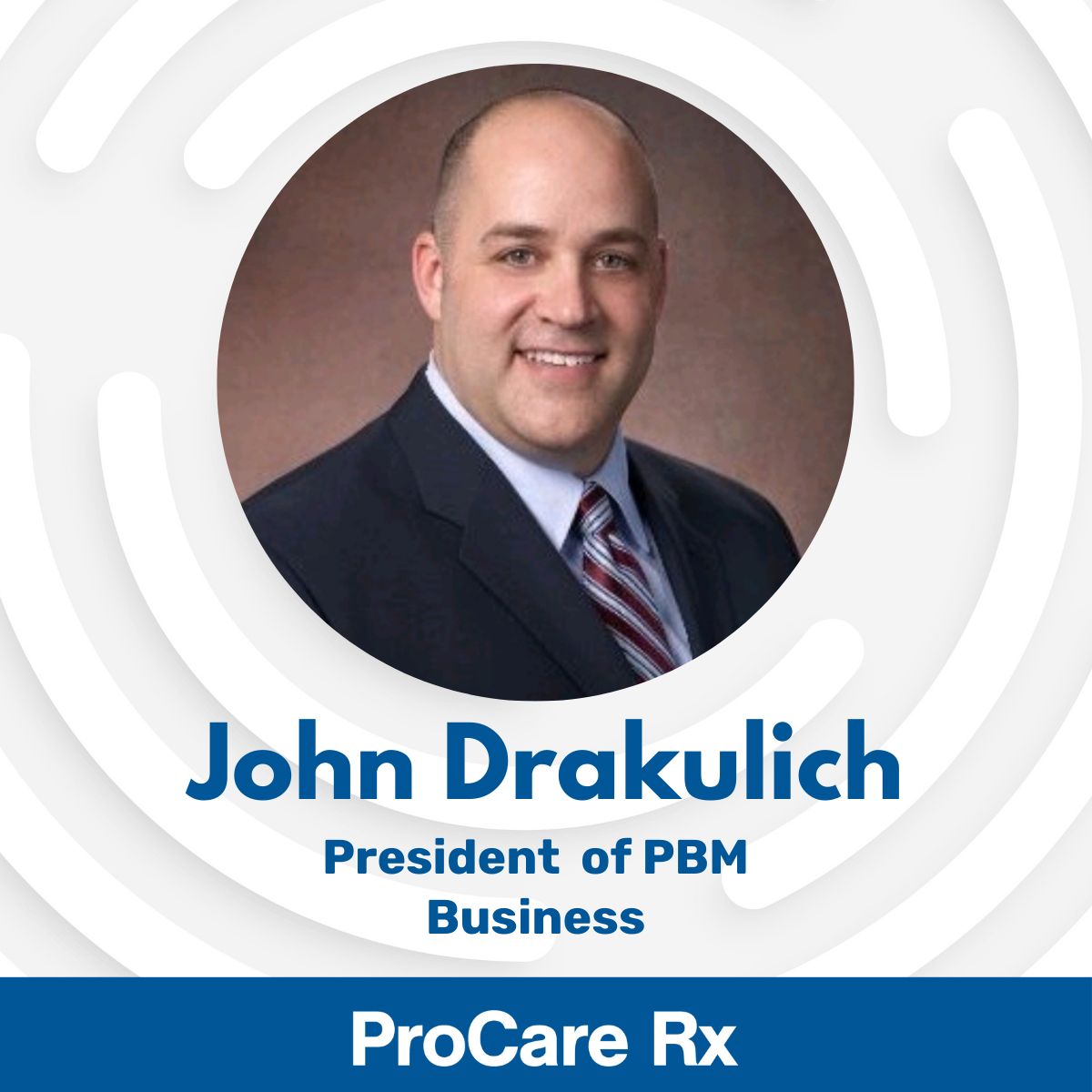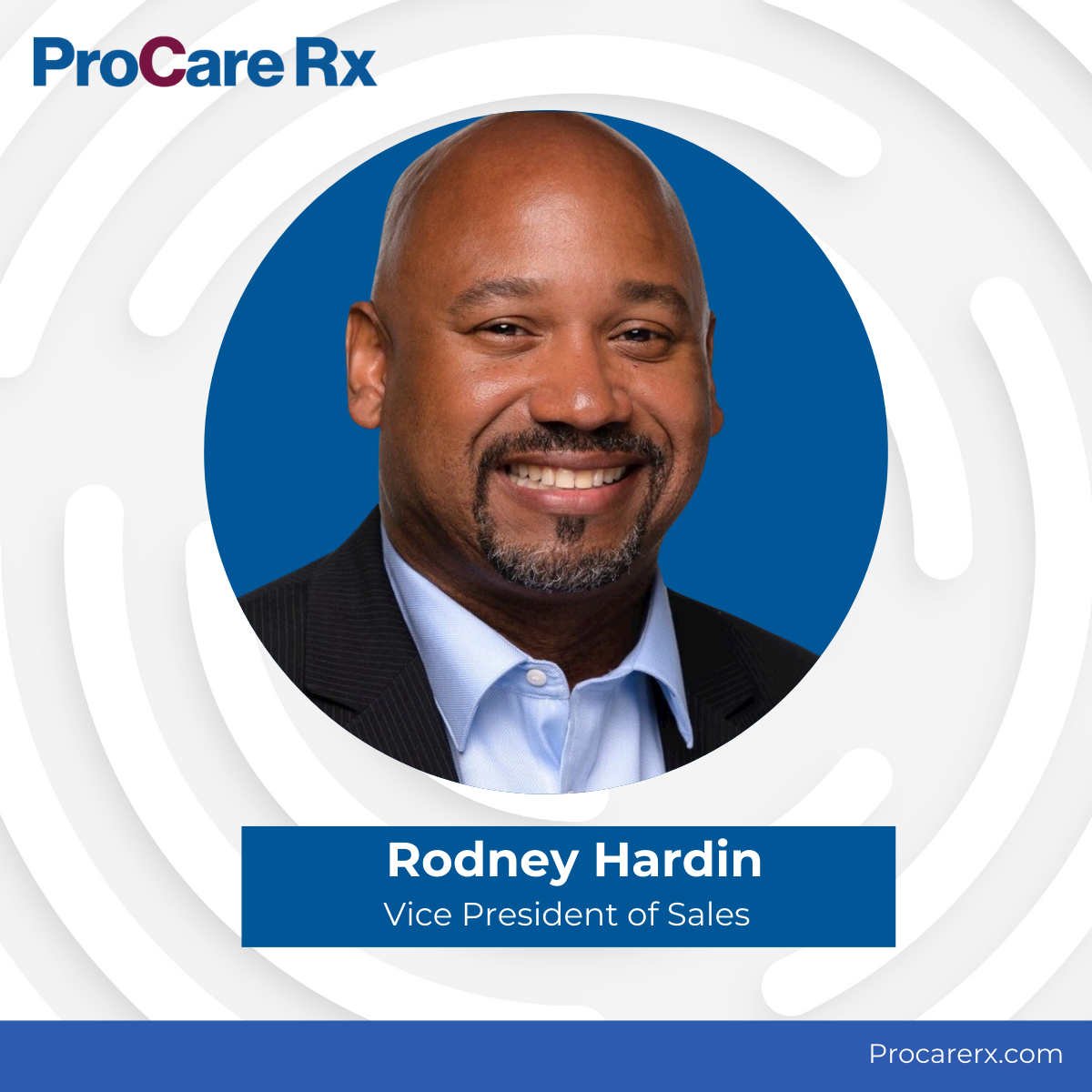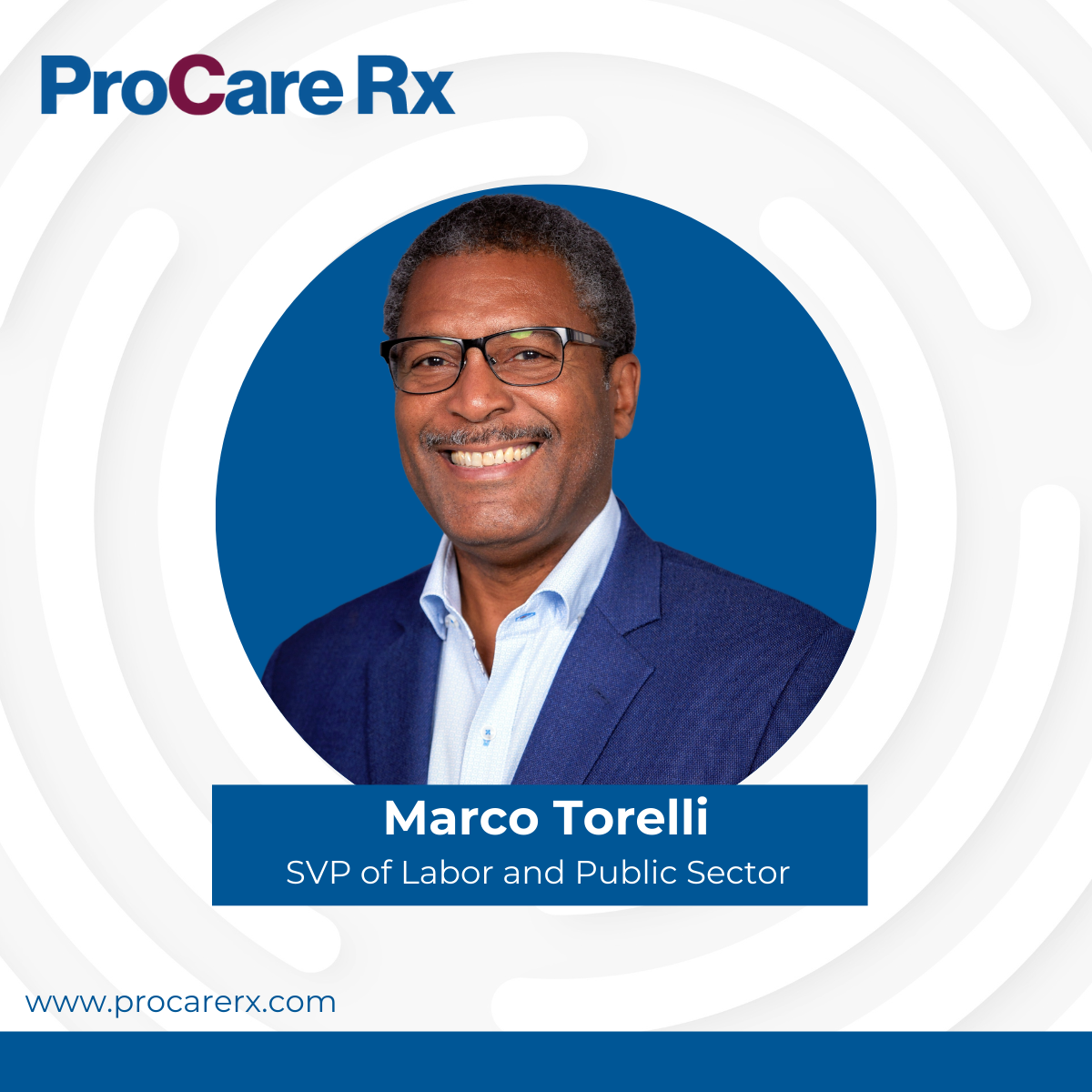FTC Case Study
FTC Report Reveals $7.3 Billion in Excessive PBM Revenues—What It Means for Employers and Patients
On January 14, 2025, the Federal Trade Commission (FTC) released its second interim report, revealing that the three largest pharmacy benefit managers —CVS Caremark, Cigna's Express Scripts, and UnitedHealth's Optum Rx—generated over $7.3 billion in excessive revenues from 2017 to 2022 by marking up specialty generic drug prices. These price increases affected critical medications used to treat conditions such as HIV and cancer, with the PBMs inflating drug prices at their affiliated pharmacies by significant percentages, thereby increasing costs for patients, employers, and health plans.
Understanding the FTC's Findings
The FTC's report highlights the significant influence PBMs have over drug pricing and access. The findings suggest that the business practices of these major PBMs can lead to increased costs for essential medications, impacting patients and the broader healthcare system. As FTC Chair Lina M. Khan stated, "The FTC’s interim report lays out how dominant pharmacy benefit managers can hike the cost of drugs—including overcharging patients for cancer drugs."
Advocating for Ethical PBM Practices
We believe that PBMs should prioritize the well-being of patients by ensuring access to affordable medications. Our approach focuses on providing clients with transparent, customizable solutions that align with their specific needs, without unnecessary markups or hidden costs.
Looking Ahead
In light of the FTC's findings, it's crucial for stakeholders in the healthcare industry to advocate for practices that promote fairness and affordability. By choosing partners who prioritize transparency and patient care, we can work together to create a more equitable healthcare system.
ProCare Rx remains dedicated to being a trusted partner in managing pharmacy benefits, offering solutions that are both innovative and aligned with the best interests of our clients and their members.
Choosing a PBM That Works for You
Employers and health plans need to ask themselves an important question: Is my PBM working for me, or against me? The FTC’s findings highlight how some PBMs prioritize profits over patient care, but it doesn’t have to be this way. At ProCare Rx, we believe in fair, transparent pricing and accountability, ensuring that our clients get the best value without hidden costs. As a trusted PBM partner since 1987, we remain committed to helping employers and health plans navigate an increasingly complex system—with honesty, transparency, and a focus on real savings.
To learn more about how ProCare Rx operates differently, check out our Seven PBM Standards one-pager: Download Here
By demanding integrity and transparency, employers can take control of their pharmacy benefits and ensure their members receive affordable, high-quality care.
About ProCare Rx
ProCare Rx is a privately held, independent pharmacy benefit manager (PBM) that has empowered healthcare and self-insured organizations since 1988. We provide fully integrated, in-house solutions—including claims adjudication, clinical program design, pharmacy network access, cost containment, and data analytics—all supported in the U.S. Our flexible, transparent model serves self-insured employers, third-party administrators (TPA), brokers, health plans, health systems, managed care organizations (MCO), unions, workers’ compensation programs, Medicare, Medicaid, hospices, and other PBMs. With a proprietary technology platform, commitment to ethical operations, and a focus on lowest net cost, ProCare Rx delivers long-term value, clinical performance, and trusted pharmacy benefit partnerships.
Media Contact:
Marc Cohen, VP, Marketing and Sales
marketing@ProCareRx.com










